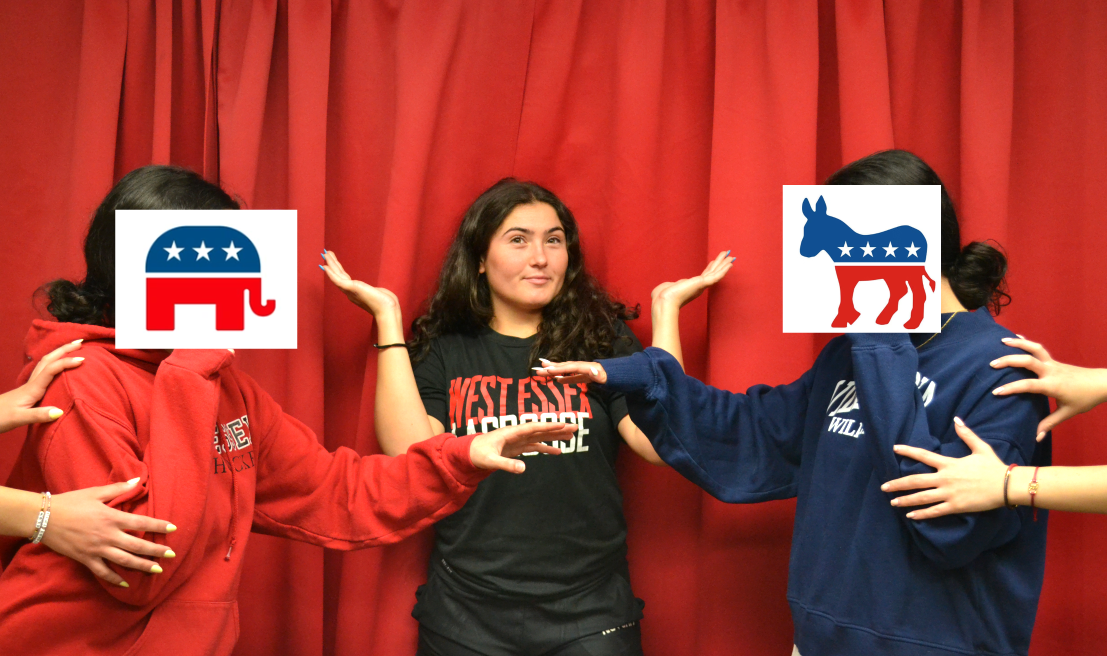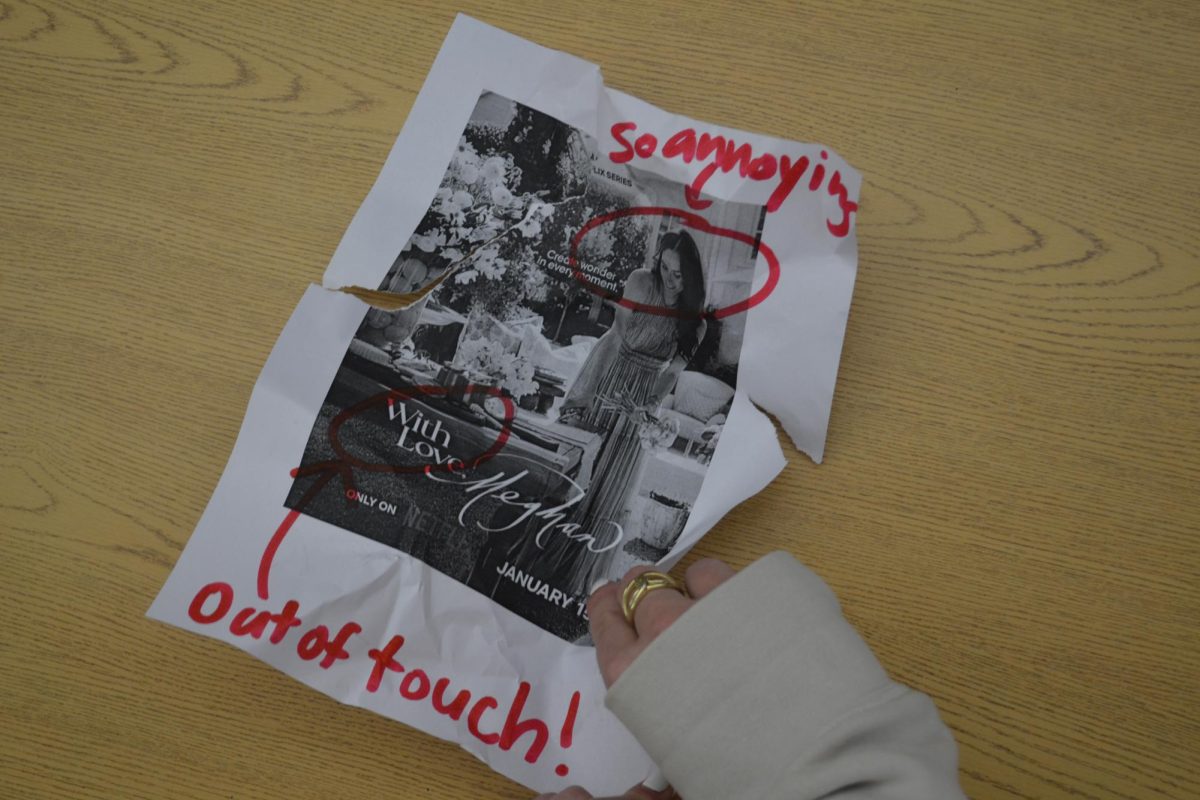As students slowly sit down at their desks, preparing for discussion about the causes of the Revolutionary War or the purpose of their most recent book, amiable acquaintances, or maybe even friends, all of a sudden become enemies. The second the teacher clicks start on the timer, the infamous circle of desks in the center of the classroom transforms into a battleground, as students fight to the death to make sure they get their required number of speaking times in. It doesn’t matter how many notes you took or how much attention you paid in class—in short, unless you’re willing to sacrifice your peers’ grades in exchange for an A on your own report card, you’re screwed.
The daunting activity I’m referring to above, better known as a Socratic Seminar, doesn’t do much else except cause intense competition between students. Usually, instead of a friendly debate, students spend the entire class passive-aggressively saying “You can go, I guess” when they are caught talking at the same time as a competitor or shooting looks at allies when they get cut off. In the end, the activity becomes less thought-provoking and more anger-inducing.
Honestly, I’ve never heard a student say that they just couldn’t wait until their next Socratic Seminar. And listen, the average student isn’t looking forward to doing a project either. But here’s where the difference lies between the two assignments: a project fully shows how much work a student put in while a Socratic Seminar demonstrates just how merciless students can be. One student may have stayed up for hours preparing notes for the discussion and still received a bad grade on the Socratic Seminar, not because their public-speaking skills aren’t up to par, but because the ruthless environment that the seminar fosters doesn’t give them a chance to talk. When hard-core students immediately jut in after each question and response, leaving little to no time to think, it becomes hard for everyone to squeeze in an acceptable answer.
And don’t even get me started on the students who can’t seem to let others talk for the life of them. Please, you already spoke three more times than you needed to get a perfect score—let that one quiet kid who’s about to fail the assessment get a word in.
And I’m not saying that this situation may not apply in real life. Sure, the real world is competitive and fast-paced, and you have to figure out a way to make your voice heard no matter what. But, this is high school after all, and we’re supposed to be finding our voices and learning how to use them.
Maybe I’m biased because I’ve been through one cutthroat Socratic Seminar after the other, but I’m not so sure if throwing students straight into the deep end is the way to go about getting them to learn to have competitive discussions. There’s no reason we have to put students in the position to pit themselves against each other when all it does is convince them they need to harshly compete for a good grade as if they can’t all do well.
Tests and projects are more than enough summative ways to judge if a student is doing their work in class and taking time to study at home. I, for one, would much rather leave this intense competition until college and enjoy a stress-free learning environment while we still can.









